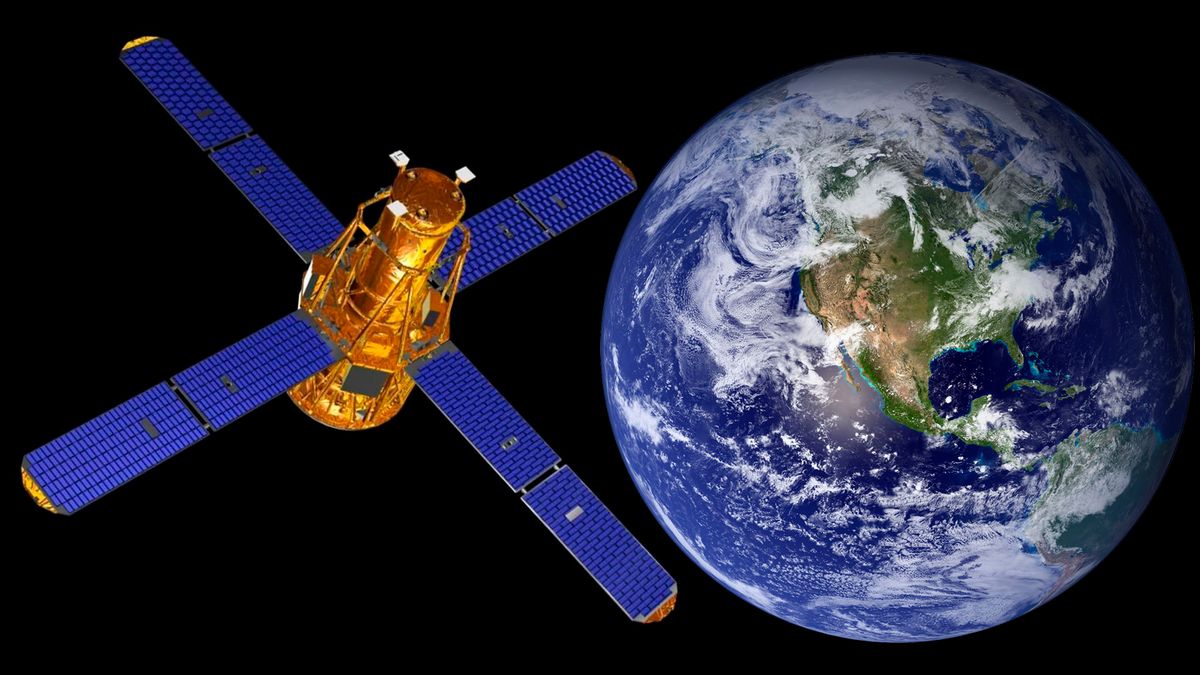[ad_1]
The NASA satellite known as RHESSI will impact Earth this week, but there is nothing to worry about.
Yes, a NASA satellite will crash into Earth this week. It may sound like something dangerous and that it can put the integrity of many people at risk, but the reality is more boring. In fact, absolutely nothing is expected to happen when this satellite crashes.
Why won’t anything happen? The Earth has an atmosphere that protects it from cosmic rays and, in addition, from the different satellites that have exhausted their useful life. It is nothing new for a satellite to crash into the Earth, although it is curious in this case since it is a named satellite: RHESSI.
This NASA satellite has been in orbit for 21 years with a clear mission: to study the solar flares that generate waves of radiation and solar wind during the period known as solar maximum. The work that he has done has been arduous and, now, it is his turn to retire in an almost poetic way since what is expected is that he will disintegrate.
RHESSI will disintegrate, we hope, on its return trip to the Earth’s surface. Some parts of this satellite may resist high temperatures, this being the real problem since they may fall anywhere in the world. Of course, NASA indicates that it does not pose any type of danger.
RHESSI is the name of the NASA satellite that will crash into Earth
On Wednesday, April 19 at 3:30 in the morning in Spain, the NASA satellite will re-enter the Earth’s atmosphere. What is to be expected is its complete vaporization on the way to Earth, although it is to be expected that some fragment may survive and reach the earth’s soil as a memory of what it was.
And, is that, RHESSI has been space junk since 2018 since that was the year in which it ceased to be used and, therefore, since then it has wandered around Earth’s orbit without fulfilling any type of mission. These years have been his farewell, enduring until he couldn’t do anything else but die upon returning to the planet that gave him life.
NASA will monitor the satellite as it enters Earth, the chances that the remains survive and pose a danger to humans is 1 in 2467. The most likely remains that survive will be consumed by the ocean. In any case, one less unused satellite in orbit means there’s less junk in space now.
[ad_2]
